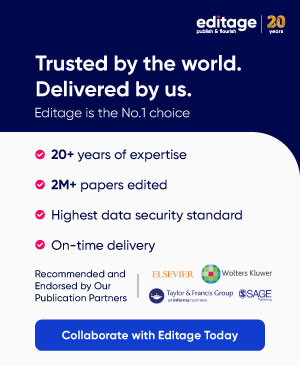|
Getting your Trinity Audio player ready...
|
We all know the importance of robust data analysis and accurate interpretation. Collaborating with a biostatistician allows you to unleash the full potential of your data, enabling you to make informed decisions, draw accurate conclusions, and publish impactful research that can shape your career trajectory. But did you know that biostatisticians can help you with much more than just data analysis? In fact, it is a common misconception that data analysis is the right time to seek statistical help. Turns out that biostatisticians can add value to your research project on either side of data analysis from an already completed study. Here are three such important but lesser-known situations. They are arranged in order of appearance over the course of a research project.
- Grant Proposals Made Easy
Crafting a successful grant proposal is no walk in the park. With the increasing competitiveness for funding, it’s crucial to stand out from the crowd. This is where a biostatistician can be your ultimate ally. By collaborating with a biostatistician from the outset, you can strengthen your grant proposal’s statistical aspects and demonstrate the rigor of your study design. Biostatisticians can assist in determining appropriate sample sizes, selecting relevant statistical methods, and conducting power calculations, all of which contribute to the robustness of your proposal. With their expertise on board, your chances of securing that coveted research grant can soar.
- Study Design, Simplified
Ask any experienced statistician and they’ll tell you that their most common peeve is that researchers come to them too late. Analyzing the data of a poorly designed study can be like putting a band-aid on a gaping wound. Designing a study well can have compounded effects by way of reliable and meaningful results leading to more compelling conclusions.
Here’s where a biostatistician can work wonders. They bring a fresh perspective and analytical insight to the table, helping you navigate the complexities of study design. Collaborating with a biostatistician allows you to fine-tune your research questions, identify potential biases, and optimize your study design for statistical efficiency. By incorporating their expertise, you can enhance the validity and reproducibility of your findings, generating high-value evidence that is worthy of publication in top-tier journals.
- Responding to Reviewer Comments Confidently
Receiving feedback from peer reviewers can be both enlightening and daunting. Addressing their comments effectively is crucial for publication success. Fortunately, a biostatistician can be your secret weapon in this battle. When peer reviewers raise statistical concerns or question the validity of your findings, a biostatistician can help you craft compelling and evidence-based responses. Their expertise in statistical analysis and interpretation allows them to dissect reviewer comments, suggest appropriate revisions, and provide additional analyses that bolster the credibility of your research. With their assistance, you can navigate the peer review process with confidence and improve the chances of your work being accepted for publication.
Conclusion
Collaborating with a biostatistician can be a game-changer for your career. From grant proposals to study design and peer reviewer comments, their expertise adds a layer of statistical rigor that takes your research to new heights.
Embrace the power of collaboration and let a biostatistician pave the way for success in your research journey. Check out Editage’s Statistical Analysis & Review Services today!


Comment